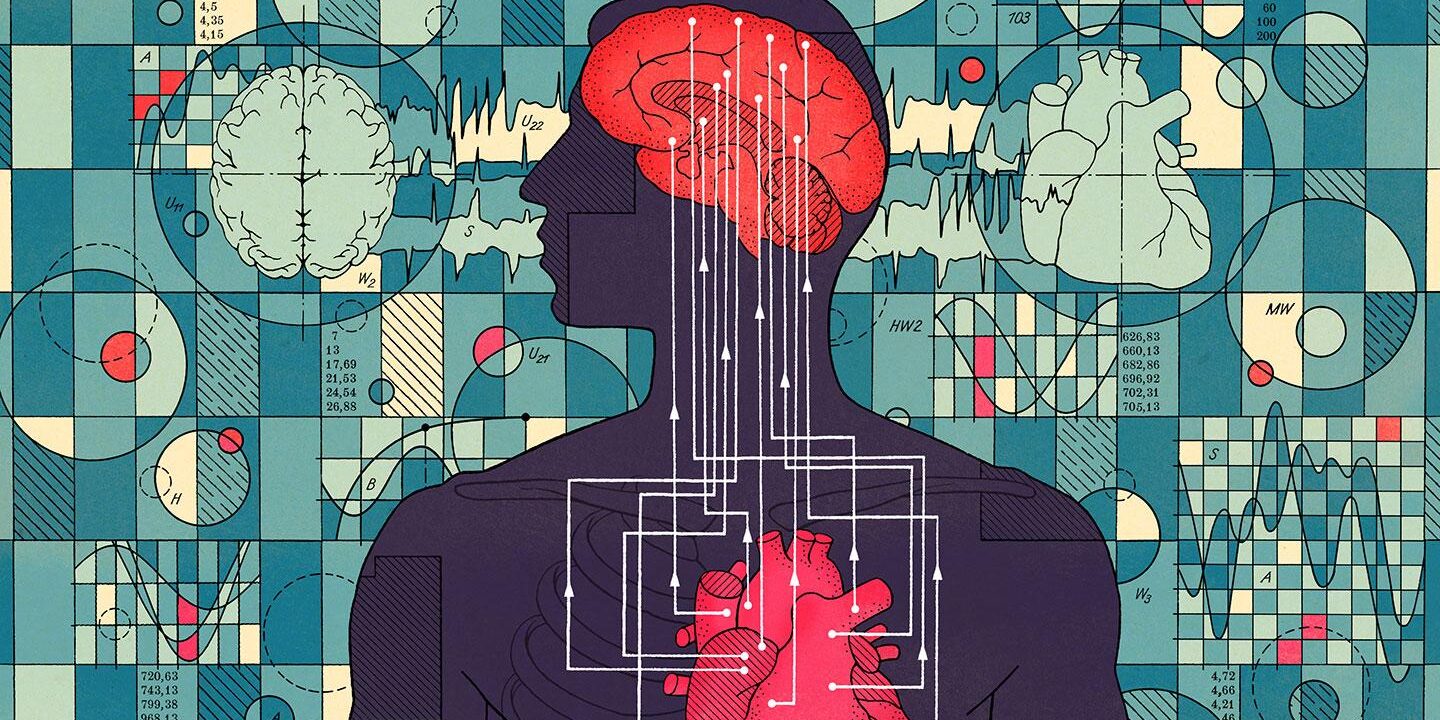
Imagine being trapped in a prison of your own mind, where every day feels like a never-ending nightmare, and the only escape seems too be a distant memory. For millions of people worldwide suffering from depression and anxiety, this is a harsh reality.But what if we told you that there’s a powerful key to unlocking freedom from this mental captivity, and it’s not a pill or a therapy session? It’s something as simple, yet as transformative, as exercise. Yes, you heard that right – exercise, the age-old practise that’s been touted for it’s physical benefits, is now being hailed as a revolutionary treatment for some of the most debilitating mental health conditions. The story of how exercise became a beacon of hope for those struggling with their mental wellbeing is nothing short of miraculous. it all began with a series of groundbreaking studies that started to emerge a few decades ago. Researchers were baffled by the consistent reports from patients who, despite being on the same medication and therapy regimens, showed vastly different rates of recovery. The common denominator? Their levels of physical activity.
As scientists delved deeper, they began to unravel the complex science behind this phenomenon. Exercise was not just a physical activity but a potent cocktail of biochemical reactions that had a profound impact on the brain. With every step, every sweat drop, and every heartbeat, the body was pumping out a cocktail of endorphins, dopamine, and serotonin – neurotransmitters that are crucial for regulating mood, motivation, and emotional wellbeing. In essence, exercise was literally rewiring the brain, creating new pathways that helped to bypass the debilitating symptoms of depression and anxiety. Some of the benefits of exercise for mental health include:
Reducing symptoms of depression by up to 47%
Reducing anxiety by as much as 60%
Improving mood and cognitive function
Enhancing self-esteem and body image
* Supporting addiction recovery. One of the most compelling case studies to come out of this research was that of a young woman named Sarah, who had been battling depression for over a decade. Despite trying every medication and therapy under the sun, she had hit rock bottom, unable to even get out of bed. That was until she discovered the world of running. At first,it was just a gentle jog around the block,but as the weeks turned into months,Sarah found herself running further and further,until she was completing marathons. The conversion was nothing short of remarkable – not only did her depression lift, but she also reported feeling more confident, more energized, and more connected to the world around her. As the evidence mounted, the medical community began to take notice. Doctors started prescribing exercise as a treatment for mental health conditions,alongside customary therapies. Gyms and fitness studios began to pop up with programs specifically designed for people with mental health issues.
the table below shows how exercise compares to traditional treatments for mental health:
| Treatment | Effectiveness | Side Effects |
| — | — | — |
| Exercise | 47% reduction in depression symptoms | Rare, mostly positive side effects like improved mood |
| medication | 30-50% reduction in depression symptoms | Common side effects like weight gain, insomnia |
| therapy | 40-60% reduction in depression symptoms | Rare, mostly positive side effects like improved self-awareness |
As we look to the future, it’s clear that exercise is not just a complementary therapy but a frontline treatment for mental health. With the rise of wearable technology and fitness apps,it’s never been easier to get moving,track our progress,and connect with others who are on the same journey. The story of exercise and mental health is one of hope, resilience, and transformation – a testament to the human spirit’s ability to overcome even the darkest of challenges. And it’s not just about individual stories; it’s about the ripple effect that exercise is having on communities worldwide. From charity runs to mental health awareness campaigns, exercise is being harnessed as a powerful tool for social change.
#MentalHealthMatters #FitnessForMentalHealth #WellnessRevolution #ExerciseIsMedicine #HealthyMindHealthyBody #FitnessJourney #MentalHealthAwareness #ScienceOfExercise #WellnessStory








